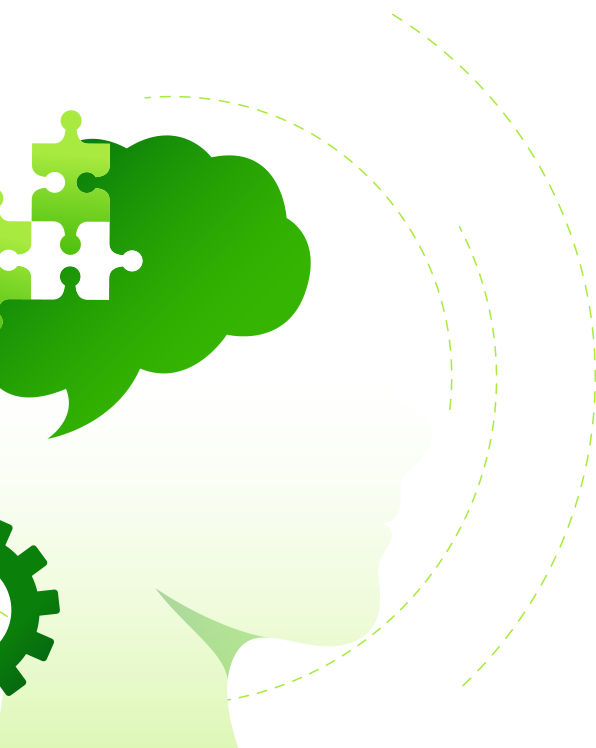
Protect your Mental Health in Lockdown
1. Minimise your Triggers
What lowers your mood or heightens your anxiety? Common healthy coping strategies include:
- Minimising contact with the news.
- Steering clear of negativity.
- Swapping loneliness for connectedness.
Lockdown or no-lockdown a change in mood is triggered by different things. Do you know your current triggers? If not, now’s the time to notice them and put strategies in place to minimise them.
2. Appreciate the Time
Pre-lockdown were you guilty of using the expression ‘if only I had more time’. Well, now you do!
- Sleep / rest more.
- Slow your pace.
- Give yourself permission to indulge in tasks you don’t usually have time for.
Before Covid came along we all led such busy lives. So busy most of us were feeling exhausted by the end of every single day. If this situation has afforded us anything positive, it’s the gift of time. Cast your mind back to when you wished for time, and be sure to use it wisely now that you have it.
3. Keep it Varied
Boredom is a really unpleasant feeling. Think about your passions and talents, and find a way to put them to good use. You’ve only got to look at Gary Barlow to see what I mean. By the time he’s organised his daily collaboration, I’m sure he’s probably filled the bulk of his day. Ideas include:
- Creating something.
- Inspiring someone.
- Helping someone.
What’s your specialist subject? You know, the one that sets your heart on fire when someone asks you about it. How might you be able to put your knowledge and talent to use in a way that gives you a new sense of productivity?
4. Don’t get Bored
Mixing up the way you spend your time will stop it from becoming monotonous. Try doing different things on different days of the week:
- Vary the route of your daily exercise.
- Pick a different mini-project for each day of the week.
- Try things you haven’t tried before; recipes, books, TV programmes, a yoga move etc.
The more you expose yourself to new stimuli, the more active, and stimulated your mind will be. Anything done routinely will add to a sense of monotony, anything new will wake your mind up.
5. Stay Connected
Phone calls, emails, video meet-ups, text messages, even social media engagement; never before have we been so easily connected to other people. Are you engaging in that connectivity?
- Connect with people you would have spoken to if we weren’t on lockdown.
- Connect with people when you are out. Ask the supermarket cashier how their day is, or strike up a conversation with the person next to you in the queue.
- Think about people you’ve lost contact with. Send them a message, or give them a call.
If there’s one thing we are all short of at the moment, it’s a connection with people. Reaching out will bring interaction not only to you, but to those you choose to engage with.
6. Find a New Focus
What would you love to spend your time doing? Ideas include:
- Jobs you’d like to accomplish around your home and garden.
- Something you’d like to learn about or study online.
- Implementing a new system; an area of your life that needs better organisation.
Now’s the time to mentally indulge. Choose something that will keep you busy, and throw yourself into it.
7. Feel Accomplished
Notice your achievements. Ideas include:
- Keeping a list.
- Posting about them online.
- Telling a friend about what you’ve been up to.
Accomplishments of all shapes and sizes should be acknowledged when there are so many things fighting against our mental health. If getting up, getting dressed, and making yourself look ‘presentable’ is an accomplishment, find a way to feel good about it. If you have a positive experience to talk about, share it with others. Happy feelings are needed more than ever, so if you’ve done something you are proud of, make sure you find a way to elicit the sense of accomplishment that it deserves.
8. Tend to your Priorities
Replace the ‘to-do-list’ with a ‘priority’ facilitator. Ideas include:
- A priority board where you have a limit of recording your 5 most important tasks.
- An accountability buddy, who helps you to stay focused and motivated in achieving your priority tasks.
- A colour co-ordinated tracking system (or app) so that you only concern yourself with the most pressing job of the day.
Too many things needed to be done is overwhelming and demotivating. Smaller and more manageable tasks will help to keep you focused, and more efficient.
9. Take a Time-out
I know it might feel like you are not doing a huge amount compared to usual, but if your stress levels are up then you still need to be aware of self-care. Ideas include:
- Meditation, mindfulness, spirituality, and rest.
- Exercise, a nutritious meal, a massage, or a long, hot soak in the tub.
- A box set, a computer game, some music, a magazine, a game, or a puzzle.
Make sure you’re still having downtime.
10. Book a Therapy Session
Talking to a therapist can help you in so many ways. You’ll be able to process difficult feelings that wouldn’t otherwise pass, identify appropriate coping strategies for unwanted behaviours, offload anything that’s beginning to build up, and explore the complexities of your mind.
Now isn’t the time to struggle. With so many new challenges forced upon us, it’s perfectly normal to need some additional support with your mental health. Therapists are here to help, and are only ever a phone call or message away


